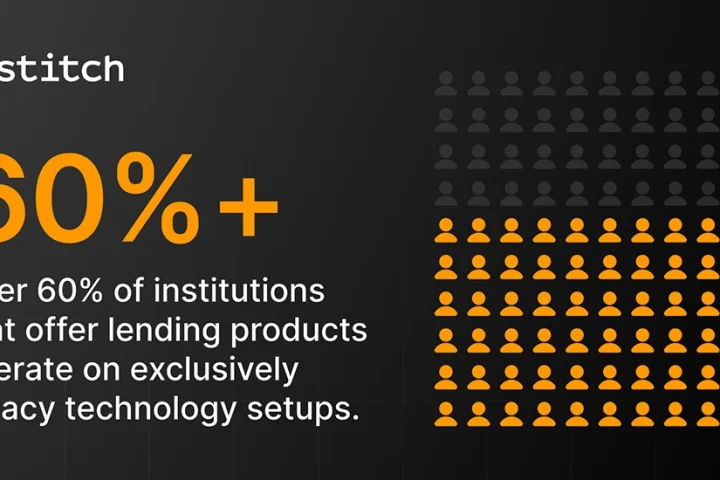Infoblox, enables new updates to its Network Identity Operating System (NIOS) platform for organizations to automate core services and data centers such as Red Hat Ansible in order to rapidly deploy network and security services via the cloud. Connecting your on-premise NIOS based solutions with Infoblox ActiveTrust Cloud, a SaaS based DNS security solution, extends protection against the loss of data or the spread of malware for devices everywhere. This native integration eliminates the need for endpoint agents or separate virtual machines to integrate with Infoblox cloud security services, making it a seamless solution for our customers.
“As more organizations look to the cloud to achieve operational efficiency and scale, Infoblox is connecting its network platform for core services directly to the cloud. With these latest enhancements, Infoblox is offering a true hybrid model for security, without having to deploy proxies everywhere or use endpoint agents. The enhancements enable faster response to incidents detected by ActiveTrust® Cloud, through on-premises ecosystem integrations for network wide remediation,” said Kanaiya Vasani, vice president of SaaS and Business Development at Infoblox.
For organizations that are investing in cloud and embracing data center automation, Red Hat Ansible Automation includes Infoblox NIOS modules that help enable customers to automate additional workflows and management processes. Once automated, organizations can expose Infoblox automations via Ansible Tower for programmatic execution, auditing, and job scheduling. The Ansible integration automates NIOS administrative tasks, helping to save time and money, while also helping to reduce errors. Managing hosts, virtual machines (VM) and the associated network infrastructure becomes more efficient, effective, and repeatable.
“The Ansible modules for Infoblox enable Ansible users to fully automate the request, assignment, and release of IP addresses and related details via Infoblox, as well as manage DHCP and DNS configurations programmatically,” said Justin Nemmers, general manager of Ansible at Red Hat. “An IT administrator can use an Ansible Playbook to more easily automate administrative tasks that will save time and money while also reducing human errors. Automating hosts, VMs, and core network services is a requirement in the modern world of cloud-enabled organizations and for those transforming traditional datacenter management.”


















